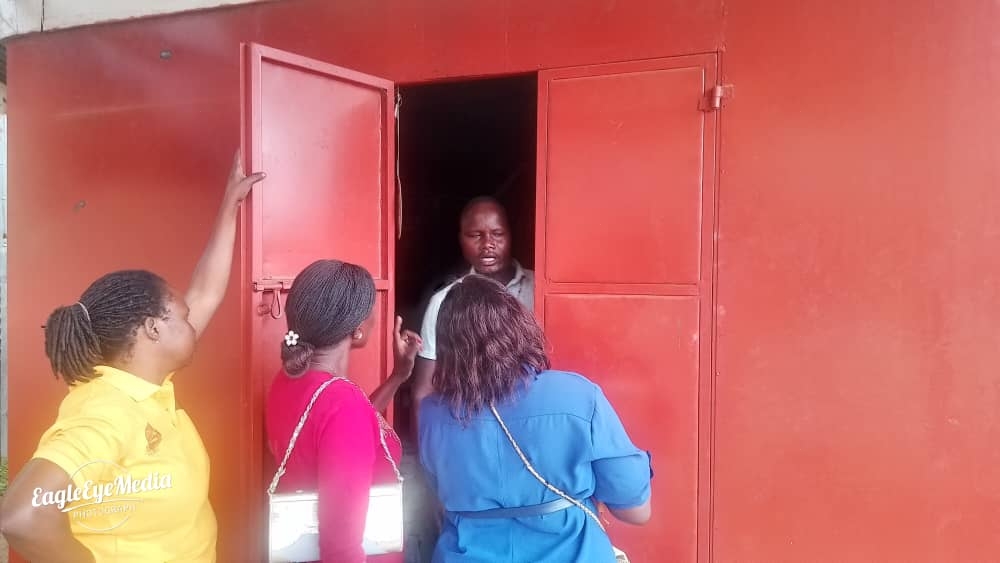By Richard Onapatum
Moroto municipality officials have taken a stern stance against businesses operating without trading licenses, initiating a revenue enforcement operation that commenced on March 27th. After completing inspections in the North division last Saturday, officials have now turned their attention to the South Division starting today, April 15th.
The primary objective of this crackdown is to ensure tax compliance and bolster revenue collection, a move that has stirred controversy within the local business community.
The enforcement efforts specifically target unlicensed businesses, aiming to promote fairness and equity in the commercial sector. Municipal authorities emphasize the importance of all businesses adhering to regulatory requirements to level the playing field and cultivate a conducive business environment.
Despite facing resistance from some business owners who decry excessive taxation and bureaucratic obstacles, authorities remain resolute in their commitment to enforce compliance and uphold the law.
Iriama Irene, the commercial officer of Moroto municipality, highlighted the prevalent issue of non-compliance with tax regulations and the absence of trading licenses among many businesses. She urged the community to prioritize compliance and refrain from assaulting revenue collectors.
“I, for one, cannot support businesses operating without trading licenses because they are not recognized within the municipality,” stated Iriama.
She further implored the business community to obtain the trading center seal and prominently display it in their shops while cautioning against bribery of town agents.
“No one should offer cash payments to revenue collectors,” she emphasized.
However, Lokut Francis, the Moroto Municipality Youth Councillor and secretary finance in the District, appealed to enforcement officers to grant traders a three-day grace period before locking their premises.
Residents and business owners anxiously await further developments, hoping for a swift resolution that addresses both revenue needs and local business concerns.


